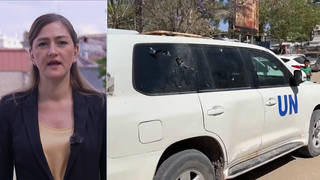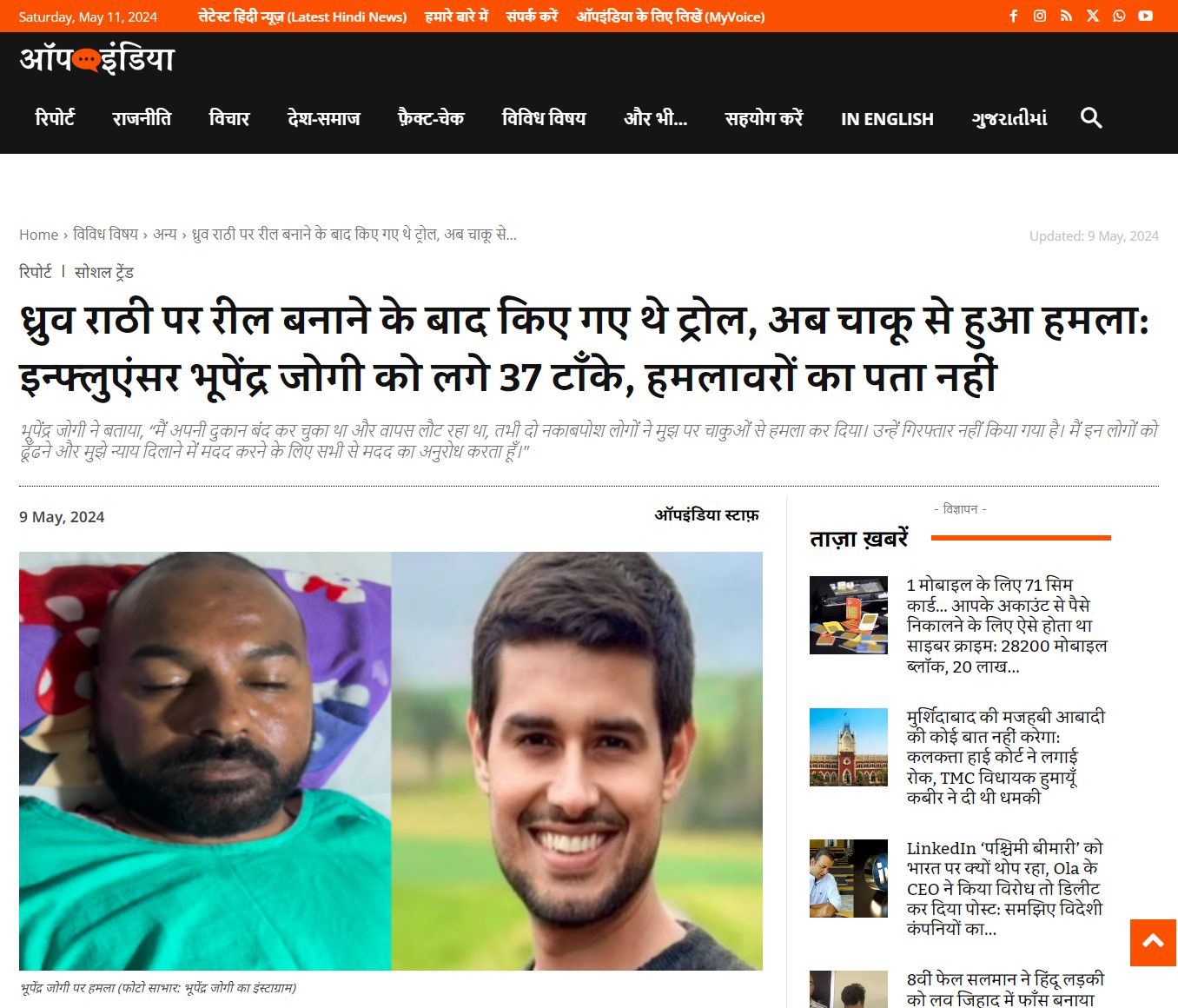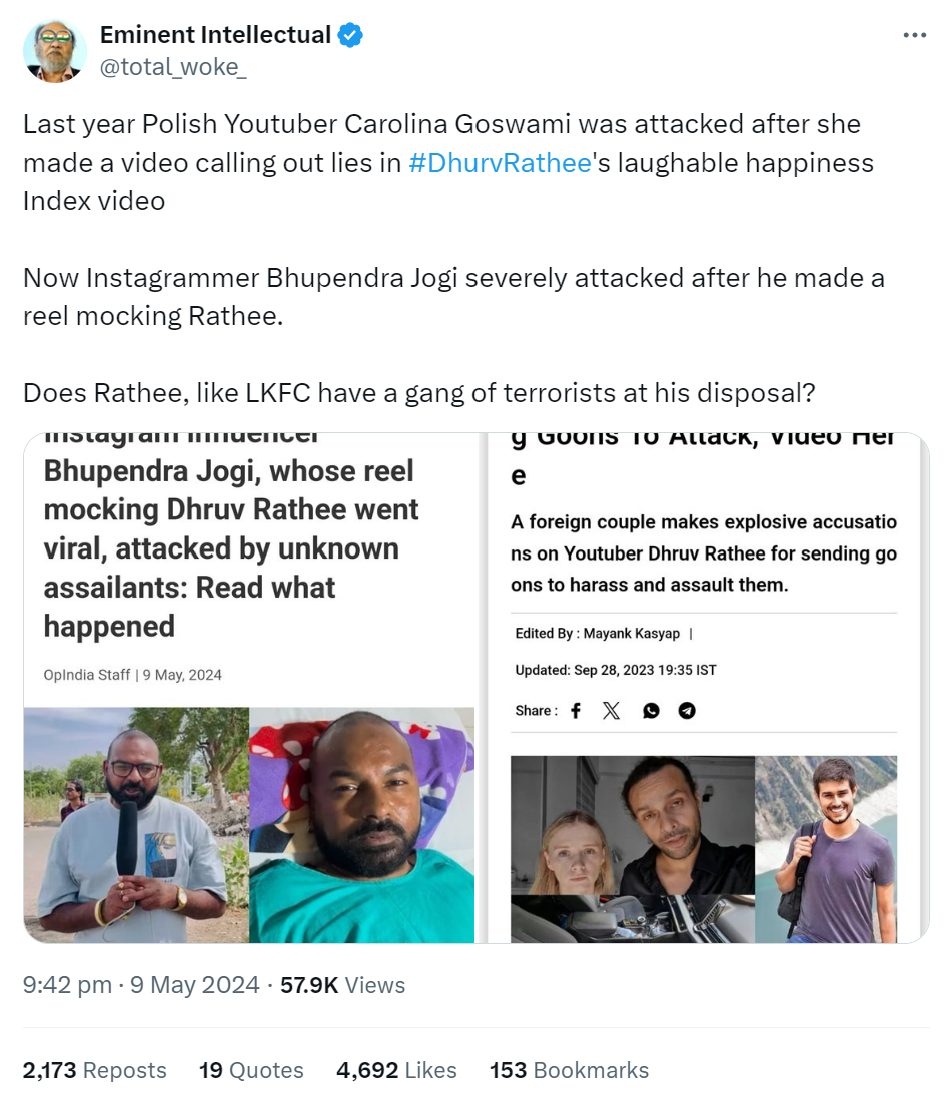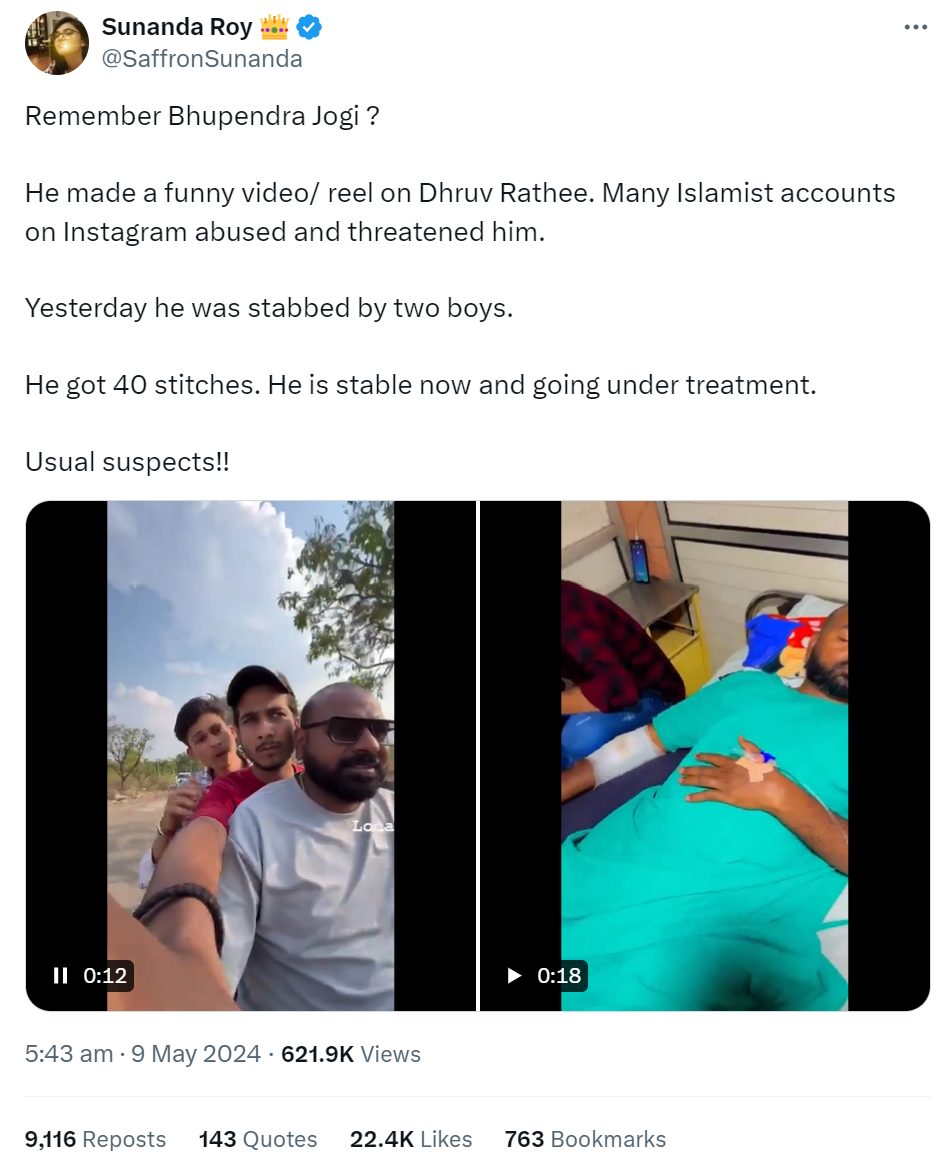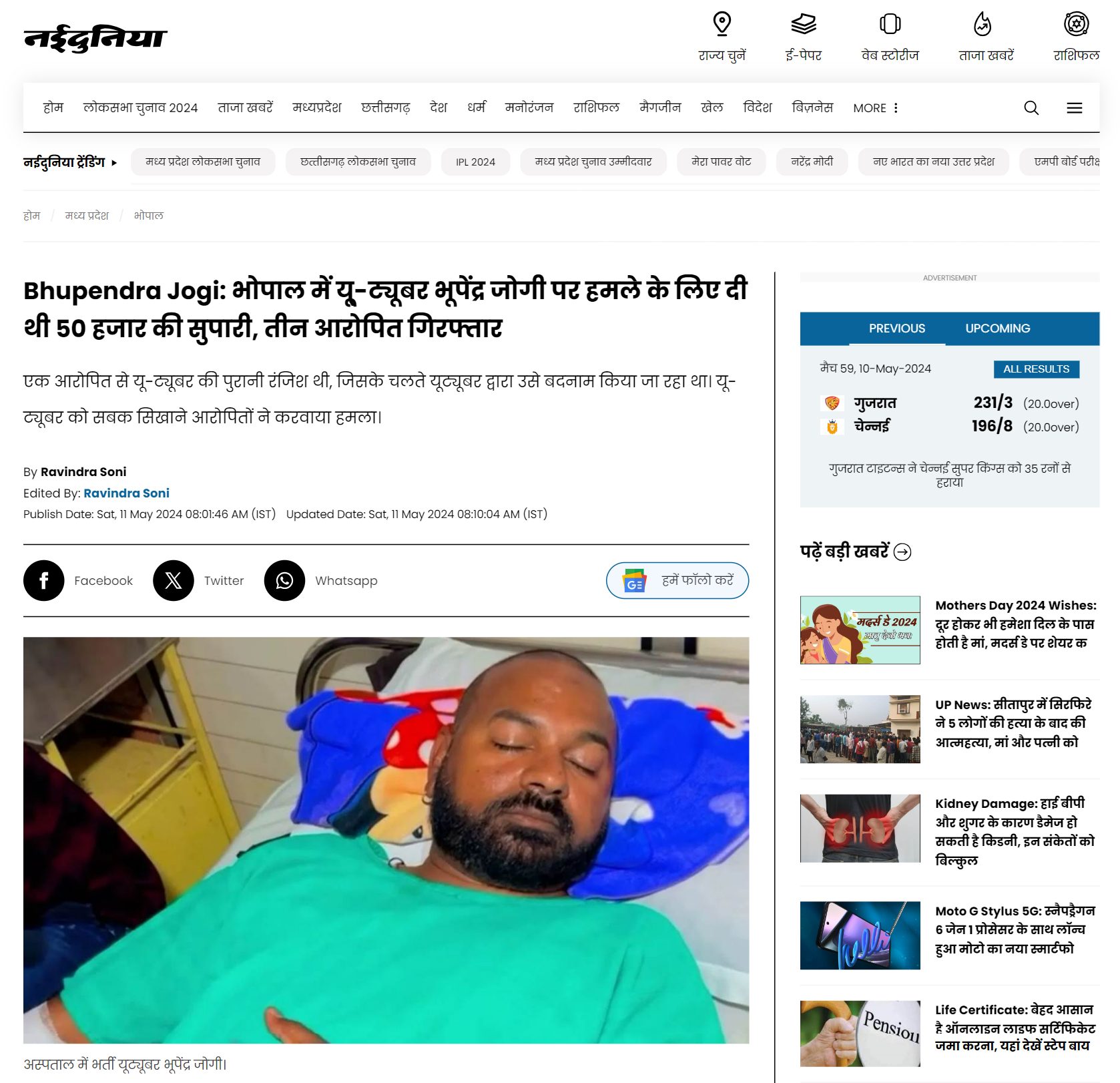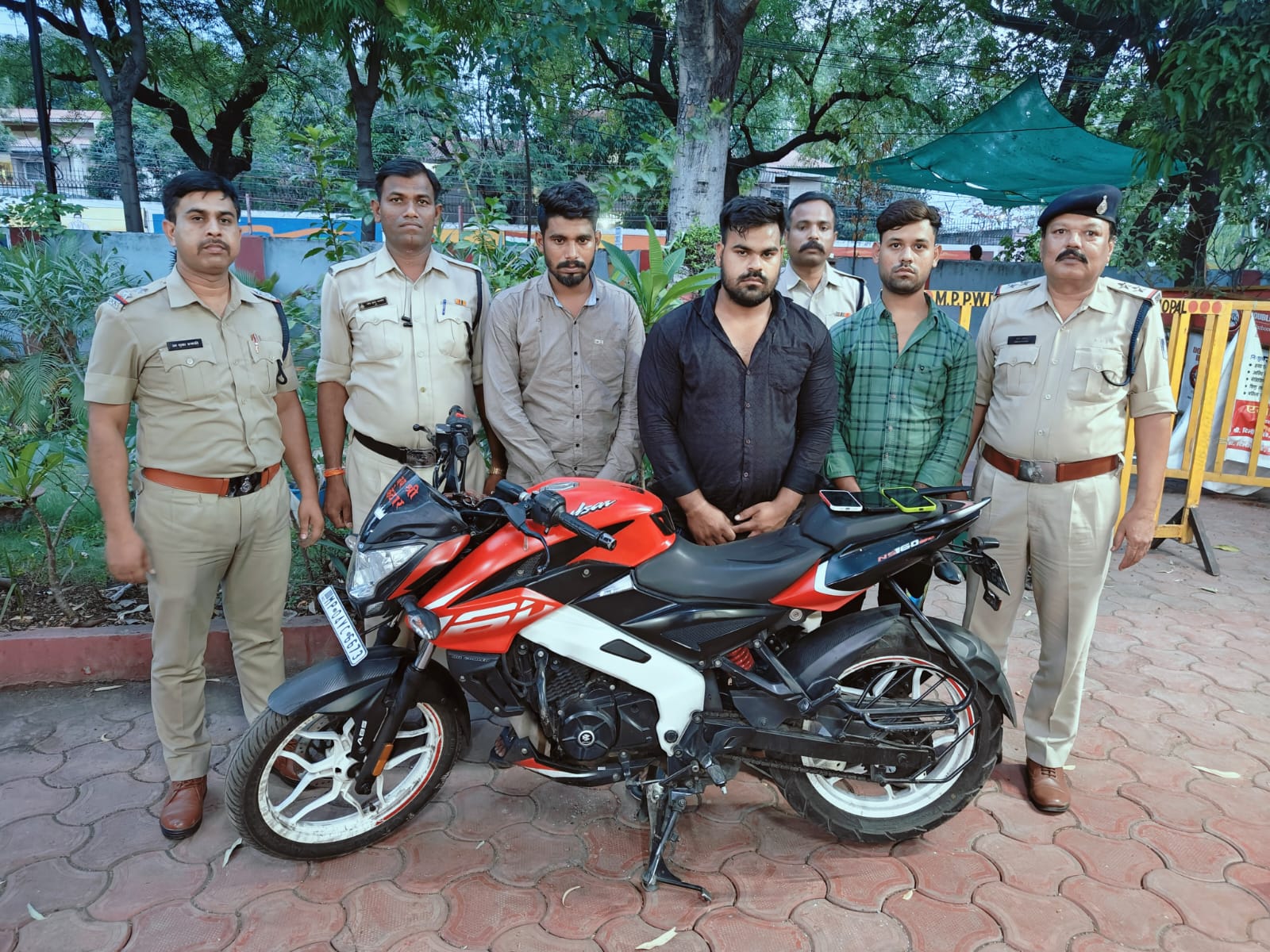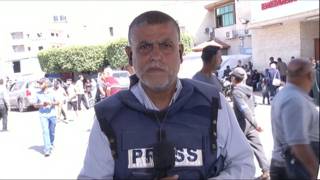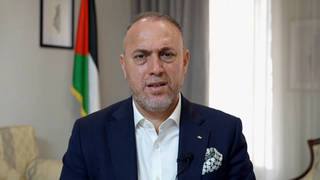Police arrested a 55-year-old man in connection with a knife attack on four U.S. university employees and a Chinese person in a public park in the northeastern city of Jilin, authorities said Tuesday.
A man with a knife attacked four teachers from Iowa’s Cornell College who were teaching at the Beihua University as they were touring the park with a local colleague on a public holiday on Monday, the college’s president, Jonathan Brand, said in a statement reported by the Associated Press.
The four Cornell College instructors were rushed to hospital alongside a Chinese national who tried to intervene, and all are now out of danger, according to a statement from China’s foreign ministry.
Police have arrested a 55-year old man who they had earlier named as Cui Dapeng, saying the attack happened after Cui “bumped into” one of the men.
“The police have preliminarily judged that this was a random incident but an investigation is ongoing,” foreign affairs spokesperson Lin Jian told a regular news briefing in Beijing on Tuesday.
“All the injured individuals were immediately taken to the hospital and were given appropriate critical care. No one’s life is in danger,” Lin said.
A video clip of people lying on the ground at the scene covered in blood was circulating on X after the incident, but Chinese censors appeared on Tuesday to have shut down comments or posts on the incident.
Violence against foreigners in China is rare, and the country’s foreign ministry said it would continue taking effective measures to ensure the safety of foreigners.
Still, there has been a campaign by authorities to make people suspicious of foreigners, or anyone with foreign connections.
“We don’t believe that this isolated incident will disrupt normal cultural and people-to-people exchanges between our two countries,” Lin said.

The U.S. State Department said in a statement reported by Reuters and the Associated Press that it was aware of the incident and was monitoring the situation.
Iowa Rep. Mariannette Miller-Meeks said via X that her office was working with the U.S. Embassy to ensure that the victims receive treatment and leave China safely.
U.S. travel advisory
The attacks came after the State Department issued a Level 3 travel advisory, the second-highest level, warning people to “reconsider” travel to China, prompting some U.S. institutions to shelve their China programs altogether.
While ruling Chinese Communist Party leader Xi Jinping announced last November that his country stands ready to invite 50,000 young Americans to China on educational exchanges over the next five years, the number of Americans studying in China has plummeted, falling to just 700 – down from 15,000 six or seven years ago.
Much of the reluctance can be traced back to three years of stringent zero-COVID policies, during which students started heading to democratic Taiwan, where Mandarin is also widely spoken.
Another factor is the online censorship and political restrictions that increasingly affect foreigners in China, making the country less enticing as a destination for overseas study.
An employee who answered the phone at the Beishan police station near the park declined to comment when contacted by RFA Mandarin on Tuesday.
The Jilin municipal police department issued a statement confirming that five people were injured in the attack, and that five people had received varying degrees of injury, and are currently being treated in hospital. None were in critical condition, it said.
An employee who answered the phone at the Jilin municipal government declined to comment. “I don’t know about this — it’s not our responsibility and we’re not the ones in charge of it,” the official said.
According to a 2018 post on the Cornell College website, the college runs an exchange program in which its professors teach subjects including computer science, math and physics at Beihua University for two weeks at a time, while allowing Beihua students to spend time studying at Cornell College, gaining degrees from both institutions.
A journalist who gave only the surname Gao for fear of reprisals said the stabbing attack had prompted plenty of discussion among his friends, despite the lack of visible coverage on social media.
“Anti-American feeling is pretty strong in the northeast,” he said. “People there are more easily taken in by government propaganda.”
Translated by Luisetta Mudie. Edited by Malcolm Foster.
This content originally appeared on Radio Free Asia and was authored by By Qian Lang for RFA Mandarin.
This post was originally published on Radio Free.
